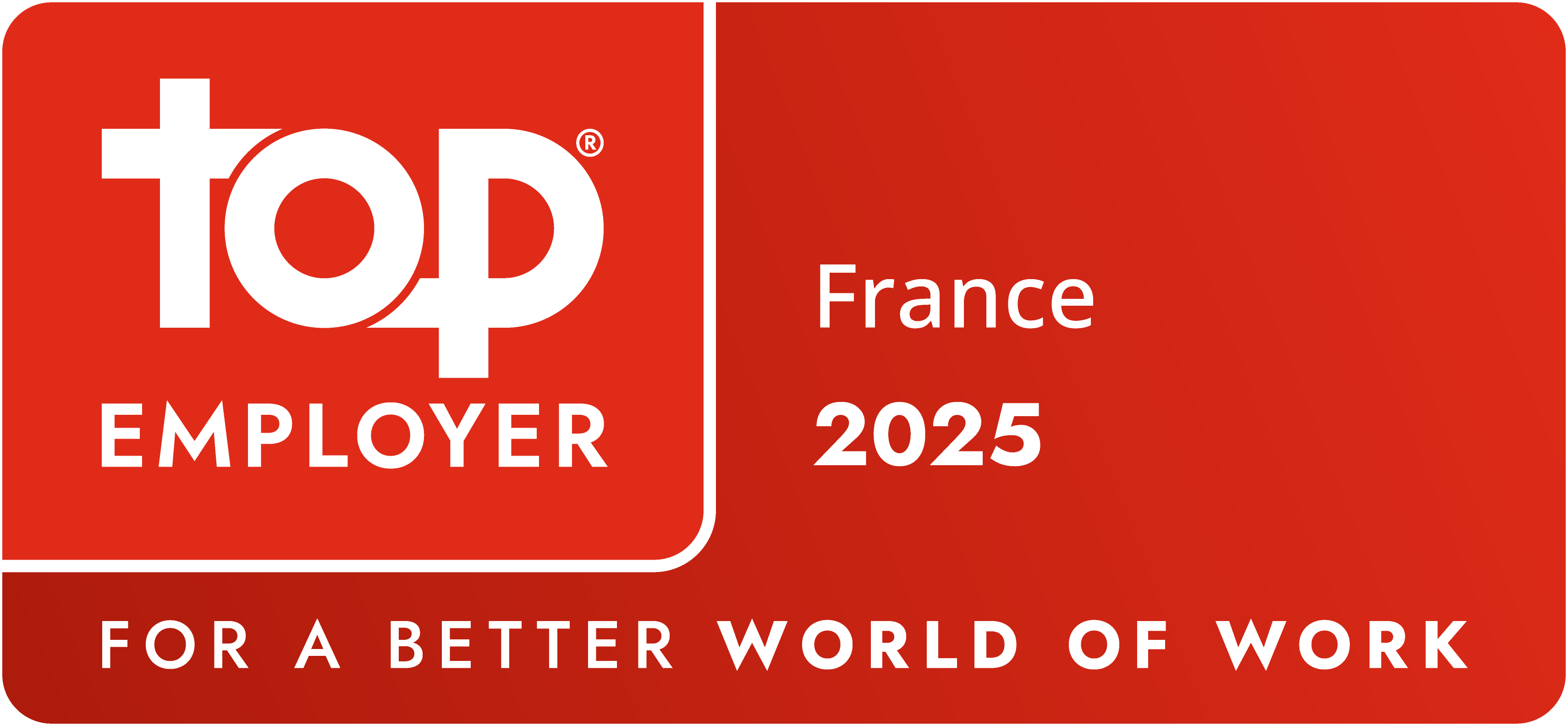
[Click here to read the French version]
The French Economic, Social and Environmental Council has just made 20 recommendations for tackling strains on recruitment. People facing barriers to employment represent a pool of skills waiting to be explored to respond to labour shortages.
The job market is experiencing a paradox. While the employment rate in France is currently at a historic high, a significant proportion of the population remains unemployed on a long-term basis. This is a structural trend that we have been seeing for a number of years.
Instances of long-term unemployment have very different realities behind them. Pôle emploi (the French job centre) estimates that 2 million people are encountering obstacles to getting back into work due to ‘social barriers’ linked to problems with computer illiteracy, health, transport, financial insecurity, family or housing. The job market is very demanding and it is sometimes complicated, for people who are vulnerable or who have followed an unconventional career path, to find their place in it.
However, and particularly importantly in a context of recruitment strains, these people constitute a pool of talent at risk of being ignored by businesses.
A cultural revolution: opening up to people with all kinds of backgrounds
Beyond initiatives to remove the barriers to employment, such as vouchers to access digital skills training and financial aid with transport or getting a driving licence, it’s a shift in mindset that must be brought about if recruiters are to open up to people with different backgrounds.
For too long, we have collectively relied on the voluntary sector and players in occupational integration. Their work remains crucial in terms of spotting talent and providing support. But we must nevertheless manage to change perceptions, specifically amongst public and private employers, of the individual vulnerabilities of workers.
Introducing an ambitious inclusion policy in recruitment work is a wonderfully motivating boon. It helps to get employees more on board with the company’s collective goals and improve engagement rates and productivity. In the UK, an experiment carried out with British carers quantified the individual and collective impact of these strategies with spectacular results: increased productivity in 69% of cases, decreased absenteeism, increased employee engagement rate at 85%, etc.
All employment players – the state, local authorities, trade unions, employers’ associations, voluntary sector organisations and businesses – must understand that the most vulnerable in society offer a real opportunity for companies to improve their performance.
Collaboration between all of the parties involved at a regional level, a factor determining performance in the fight against unemployment
The fight against unemployment is being played out at a local level, within no more than a 30km radius around candidates’ homes. Collaboration between all of the parties involved is crucial to meet changing needs in recruitment. With concerted efforts in local regions, we will be capable collectively of meeting the challenges ahead of us: shifts in skills, transport, recruitment difficulties, long-term unemployment, etc. With geographical and social divisions only getting deeper, everyone has their part to play. Beyond reducing the unemployment rate, our collective capacity to create value and transform our economy will enable us to tackle the growth and sustainability challenges of the years to come.
For society as a whole, getting people back into employment on a long-term basis will enable strengthened financial and social resources, a drop in the number of individuals in precarious situations and reduced strains on the job market, including in strategic sectors like construction and industry.
France is entering a time favourable to debate and public reflection. Let’s use this time to shake up the way we think and dream up the job market of tomorrow, more collaborative and, most importantly, more inclusive.
Let’s have confidence in the local authorities and independent state-mandated organisations who are working day to day to remove personal barriers to employment (transport, housing, childcare, etc.). Let’s have confidence in the network of voluntary organisations to prepare and support candidates. Let’s have confidence in employment agencies and occupational integration players to work as closely as possible in the field and support candidates along the road to employment. And, finally, let’s have confidence in the French people who are fighting every day to find a job!
Frank Ribuot
President, Groupe Randstad France and Ausy
Opinion column initially published on 16 January 2022 in the French daily financial newspaper Les Echos.

